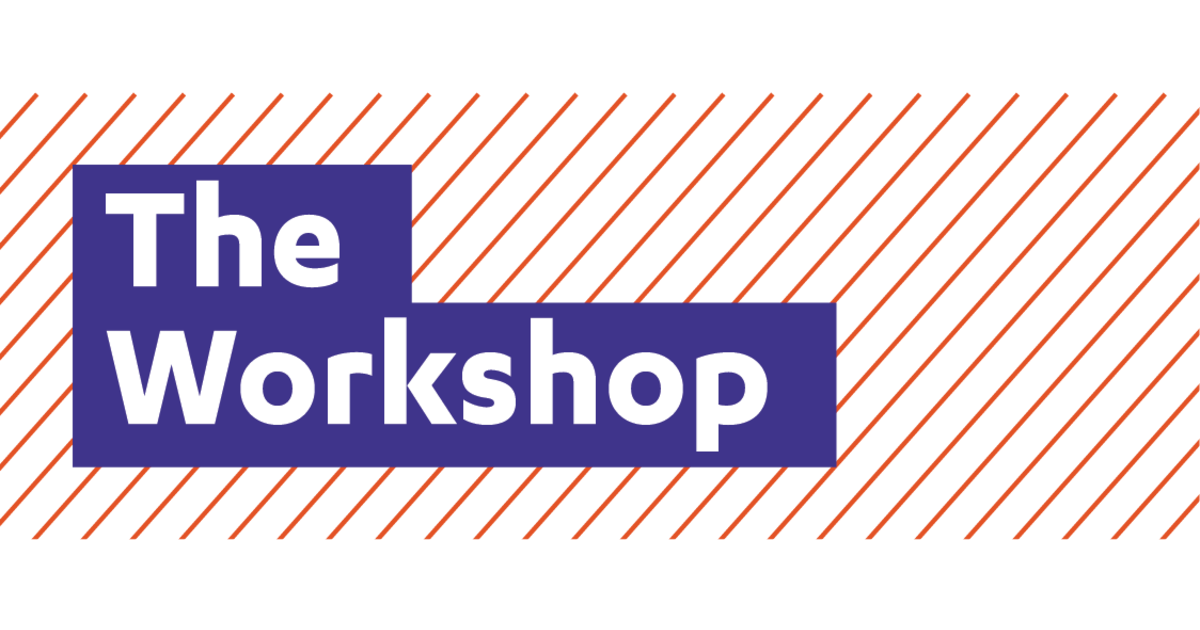Kia ora from Jess,
Many of us are working on changing the things that will make the biggest difference on significant social and environmental challenges. These include legislation and policy changes, physical changes to our cities or rural environments, changes to decision making processes, and devolving power and funding decisions to communities. Alongside these explicit and significant upstream changes, we need to shift people's mindsets to help support such change. Mindset shifts help build public understanding of these big issues, help people see where the changes that make the biggest difference can be made, and provide policy makers and politicians with social proof that the public supports these changes. Mindset shifts will lift people’s thinking, including policy makers, out of the space of individual behaviour change, which is insufficient for the types of challenges we face, into the systems change space. Mindset shifts will also help support the changes to stay in place once made.
News from The Workshop
We are currently recruiting!
We are growing again and are looking for an operational expert to join our team. Head of Operations is a new role in our Senior Leadership Team with a focus on reviewing and enhancing our existing business frameworks, policies and procedures. This role will ensure our team has the right tools and resources to do excellent work that makes a positive impact, while enjoying their work. The role is currently posted on The Kin Recruitment page. Applications will close on 7 June.
Crafted at The Workshop this Month
Stubbing out Climate Change
In this analysis in Newsroom, Jess discusses the history of SmokeFree work in Aotearoa New Zealand. She outlines how both visible (policy, practice, structures, funding) and invisible (narrative tools for mindset shifts) change was used to get tobacco companies and the harm they cause out of communities, and build our health. She makes the case that this is a model of change we can also apply to climate change, poverty, housing and more.
The key take-away is that mindset shift is a critical tool in our toolkit for making the changes that will make the most difference to people and our planet. Because for those people who are being harmed the most by our current systems and structures it is vital we ask the least of them in the way of change, and instead do those things that will improve their lives in the easiest and biggest ways.
Notes from the Narrative Movement
Mindset Shifts - What are they? How do they happen?
Recent growth in demand for and interest in The Workshop’s research is part of a larger trend, described in this report as a ‘swell of interest in mindset shifts and narrative change’. This work discusses methods for addressing the challenges of ‘widely shared patterns of public thinking that obstruct progressive change’.
‘Yet these discussions are frequently unclear and imprecise. People use terms and concepts in different and often unspecified ways. While the participants in these discussions bring substantial expertise and experience to bear, knowledge about mindsets and narrative is divided across disciplines and dispersed among practitioners, scholars, activists, policy experts, communications experts, creatives, and organizers.’
This report synthesises a year of research to bring together insights into ‘mindset shifts’ from across a range of fields and experts. The report contains lessons and recommendations for how ‘advocates, activists, funders, and other practitioners can maximize the impact of their efforts to change how we think about social issues in order to change the contexts and structures that shape our experiences and realities’.
Mindset Shifts - What are they? How do they happen?
Narratives at Work
Aotearoa will Thrive if our Rangatahi do
How do we use effective communications tools to shift the mindset of our audience so that they can focus on upstream solutions? In her recent op-ed Aotearoa will Thrive if our Rangatahi do, Lani Evans draws on research from The Workshop to talk about poverty and well-being in Aotearoa in a way that helps her readers think more deeply about the complex structures that influence poverty and wellbeing. Lani shares her vision: “New Zealand should be a place where all young people have access to the resources and opportunities they need to thrive, where rangatahi can make decisions and shape their own futures”, talks about the systems that create poverty, and guides us to who the agents are that can influence change. You can read more about our research on Poverty and Wellbeing in our guides:
Talking about Poverty and Welfare Reform in Aotearoa: A Short Guide
How to Talk About Child and Family Wellbeing: A Short Guide
Talking about Covid Vaccination
At the Workshop we’ve been talking about how we talk about COVID vaccination. In the coming months we’ll be producing work on what effective communication should look like in the media, government and interested parties. How do we ensure a happy, healthy, safe, vaccinated population? HSE Ireland show us how focusing on what we want to achieve is key in this YouTube video, Every Vaccine is a Little Victory.
From our Board
Economist and The Workshop board member Julie Fry talks to Bernard Hickey about her recent work for the Productivity Commission on migration. Together with migrant workers’ activist Anu Kaloti, Julie talks about the need for reform, both to improve our economic performance and to treat our guests fairly and humanely.
You can get more guidance on narratives on topics from transport, climate change and justice reform in our freely available message guides on our website.
If this email was forwarded to you, you can get future emails like this by signing up here.
Get in touch with rachel@theworkshop.org.nz if you would like to talk to us about how we can help you with specific advice or do training for your team.
Marianne, Jess, Sharon, Lucia, Jordan, Mark, Carolyn and Rachel, at The Workshop








